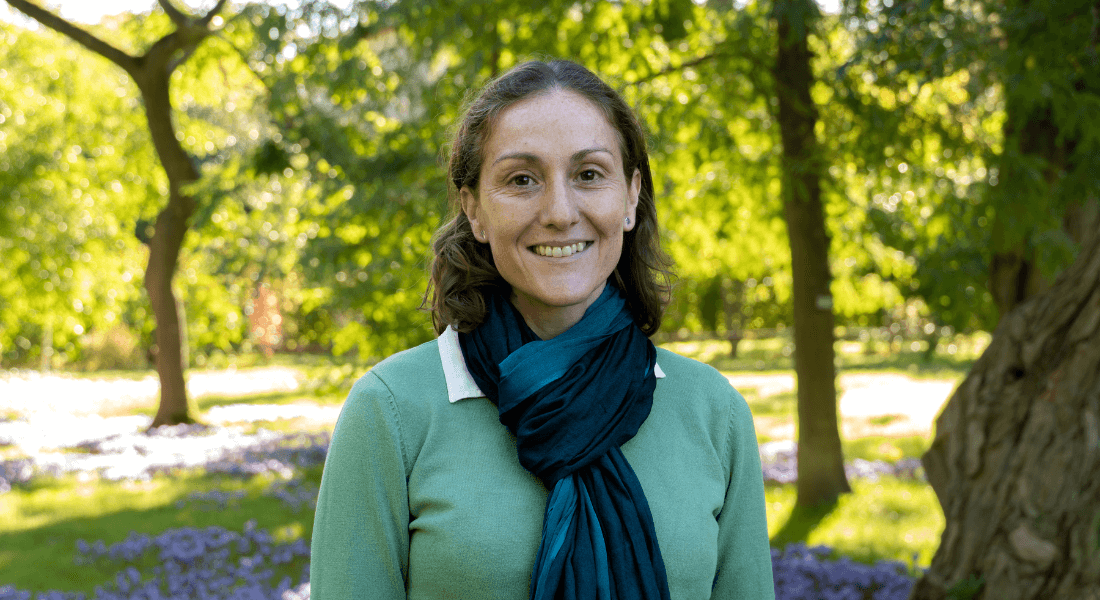Rosa Lopez Marques becomes Professor in Plant Membrane Biotechnology
Professor Rosa Lopez Marques investigates the small, invisible processes that are crucial for plant survival. In her new position, she aims to raise awareness of how cell membranes could be the key to more robust plants in the future.

It wasn’t obvious that Rosa Lopez Marques was going to be working with plants, when she studied Chemistry at the University of Seville. But when she earned her PhD in Biochemistry and Molecular biology in 2004, she was offered to come to Denmark as a Marie Curie Fellow and join a research group starting a new project on flippases.
She decided to give the curious enzymes a chance.
The newly appointed Professor in Plant Membrane Biotechnology has witnessed her field evolve from a niche to a crucial element in understanding how plants adapt to climate change.
“I’m excited to develop my field and take it to a more strategic level,” she said.
The mystery of membranes
Flippases are enzymes that move fats called lipids through cell membranes. This process is essential for maintaining the plant cell's structure, but researchers still know surprisingly little about how this critical mechanism works.
"I’m a chemist, so what really fascinates me are molecules. Lipids are particularly intriguing because they are not soluble in water like most other molecules in living organisms. The cell uses their unique properties to isolate itself from the environment. Therefore, proteins like flippases that work with these small, invisible molecules can make a huge difference for cell survival."
In her new role, she will draw on her background and experience to further understand flippases. Plants use flippases to transport lipids, which changes the properties of cell membranes and allow plants to adapt to their environments. By understanding their fundamental function, we can better modify it, allowing us to create plants that are more resilient to climate change.
"Our goal is to modify cell membranes to create more resilient plants. Climate challenges will become extreme, with both too cold and too hot conditions, as well as an increasing number of pathogens. We need plants that are better equipped to defend themselves against these aggressions and adapt. Work with cell membranes may still be a small area, but it’s becoming an essential piece of the puzzle."
Moving membranes into the classroom
Rosa is also passionate about teaching biotechnology students and supervising PhD students, where membranes will play an increasingly important role.
"In the future, there will be much more teaching about membranes and their behaviour, for example in the production of biological products in microorganisms. Membrane biotechnology will be necessary to optimize production systems, and it will eventually become impossible to be a professional in the field without knowledge of them."
Contact
Rosa Lopez Marques
Professor
Department of Plant and Environmental Sciences
University of Copenhagen
rlo@plen.ku.dk
+4535332602
Andreas Berg Jakobsen
Communications Officer
Department of Plant and Environmental Sciences
University of Copenhagen
abja@plen.ku.dk
35 33 31 76
